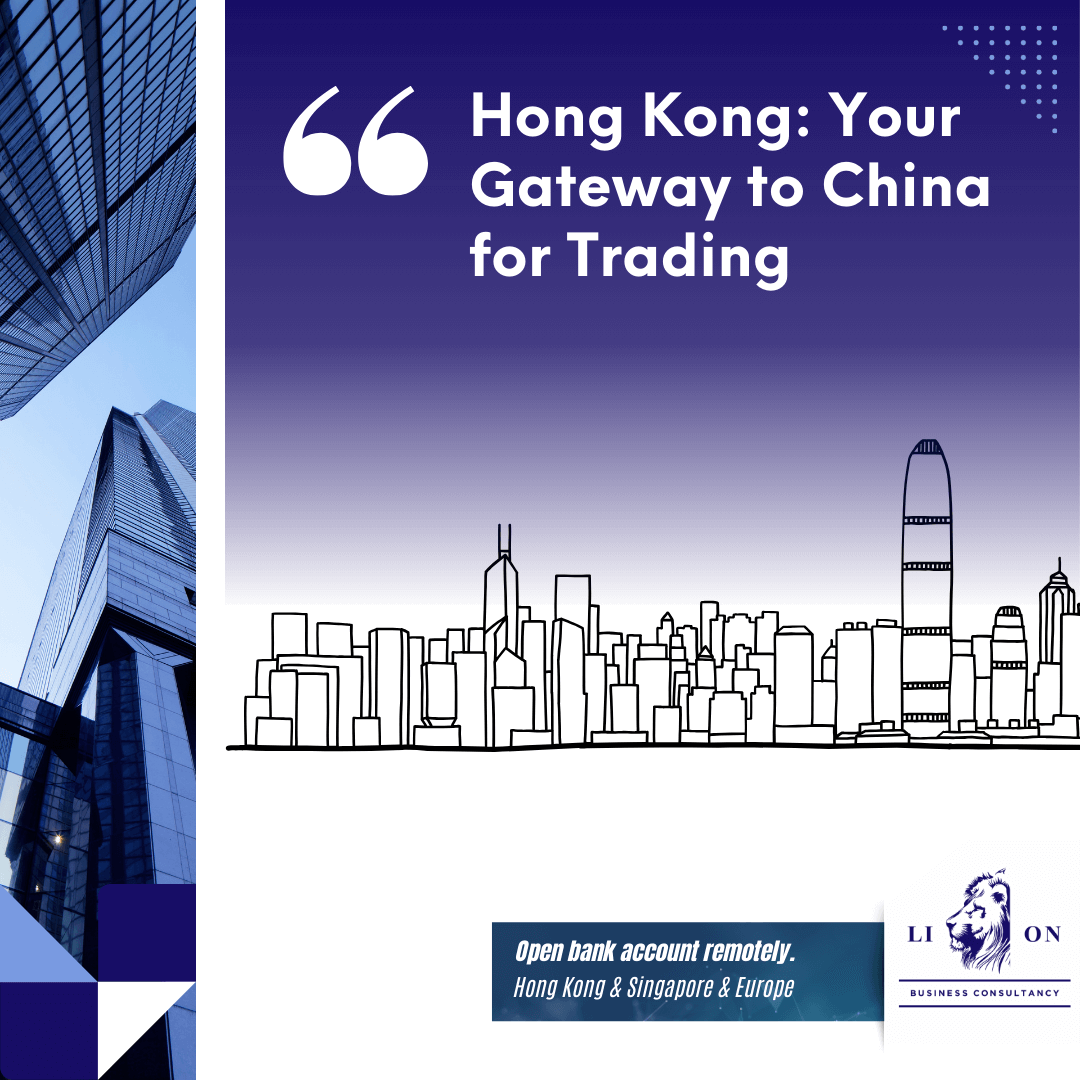As one of the world’s leading financial hubs, Hong Kong plays a pivotal role as a gateway to China for trading. With its strategic location, robust infrastructure, business-friendly environment, and deep-rooted connections to mainland China, Hong Kong offers unparalleled opportunities for businesses looking to access Chinese markets, expand their trading activities, and forge strategic partnerships. In this blog post, we’ll explore why Hong Kong is the ideal gateway to China for trading and how businesses can leverage its unique advantages for success.
Strategic Location and Connectivity
Proximity to Mainland China:
Hong Kong’s geographical proximity to mainland China makes it a natural gateway for trading activities. The city serves as a bridge between East and West, facilitating seamless trade and investment flows between China and the rest of the world.
Efficient Transportation and Logistics:
Hong Kong boasts world-class transportation infrastructure, including a modern airport, busy seaports, and efficient logistics networks. This connectivity ensures smooth movement of goods, services, and capital, enhancing the efficiency of trading operations.
Business-Friendly Environment
Regulatory Framework:
Hong Kong’s business-friendly regulatory framework, adherence to international standards, and rule of law create a conducive environment for trading activities. The city’s transparent legal system, protection of intellectual property rights, and ease of doing business attract global investors and traders.
Free Trade Agreements:
Hong Kong has established free trade agreements (FTAs) and economic partnerships with numerous countries and regions, providing preferential access to markets and tariff concessions. These agreements facilitate cross-border trade and investment opportunities for businesses.
Financial Services and Capital Markets
Advanced Financial Infrastructure:
Hong Kong is home to a robust financial services sector, including banks, asset management firms, investment funds, and capital markets. The city’s financial infrastructure, regulatory oversight, and expertise in finance support trading activities and capital raising initiatives.
Stock Exchange:
The Hong Kong Stock Exchange (HKEX) is a prominent venue for trading equities, derivatives, and other financial instruments. Companies can access capital, raise funds through initial public offerings (IPOs), and attract investment from global investors.
Trade and Investment Opportunities
Access to Chinese Markets:
Through Hong Kong, businesses gain access to Chinese markets, including the Greater Bay Area (GBA), Shanghai, Shenzhen, and other key cities. The city’s proximity, cultural affinity, and business connections facilitate market entry and expansion strategies.
Cross-Border E-Commerce:
Hong Kong’s strategic position as a global trading hub enables businesses to engage in cross-border e-commerce activities. With platforms like the Hong Kong Trade Development Council (HKTDC) and Alibaba’s e-commerce initiatives, traders can tap into online marketplaces and reach consumers in China and beyond.
Hong Kong’s status as a gateway to China for trading is underscored by its strategic location, business-friendly environment, advanced infrastructure, and access to financial services. By leveraging Hong Kong’s unique advantages, businesses can navigate the complexities of international trade, seize market opportunities in China, expand their trading networks, and drive growth and profitability. Whether it’s accessing Chinese markets, establishing supply chains, or exploring investment opportunities, Hong Kong serves as a dynamic and strategic gateway for businesses aiming to thrive in the global marketplace.

